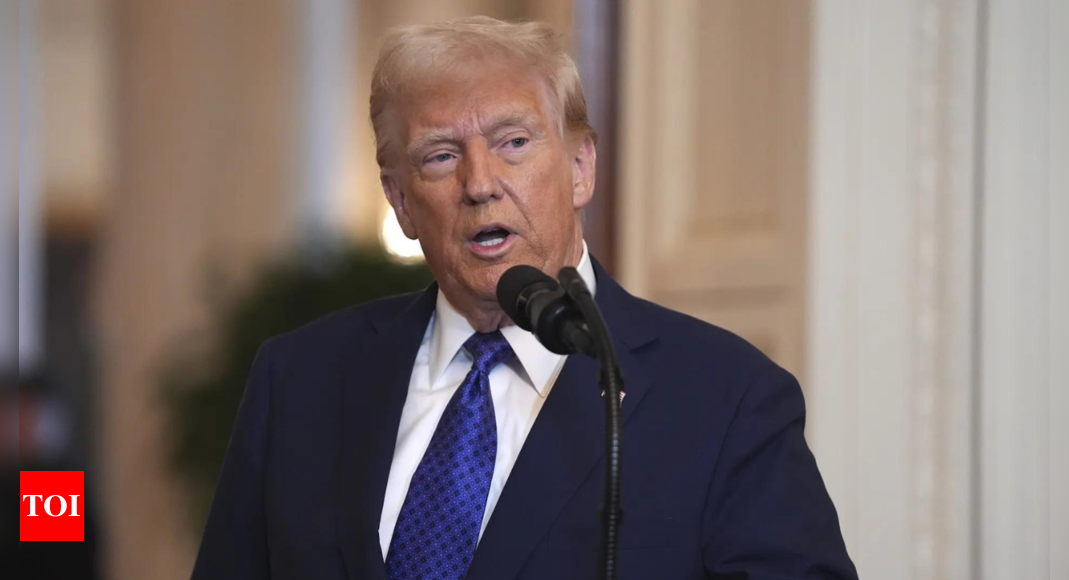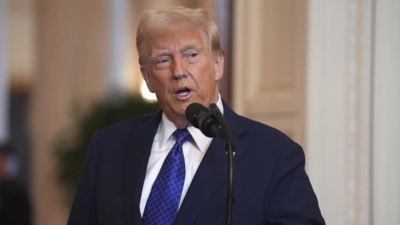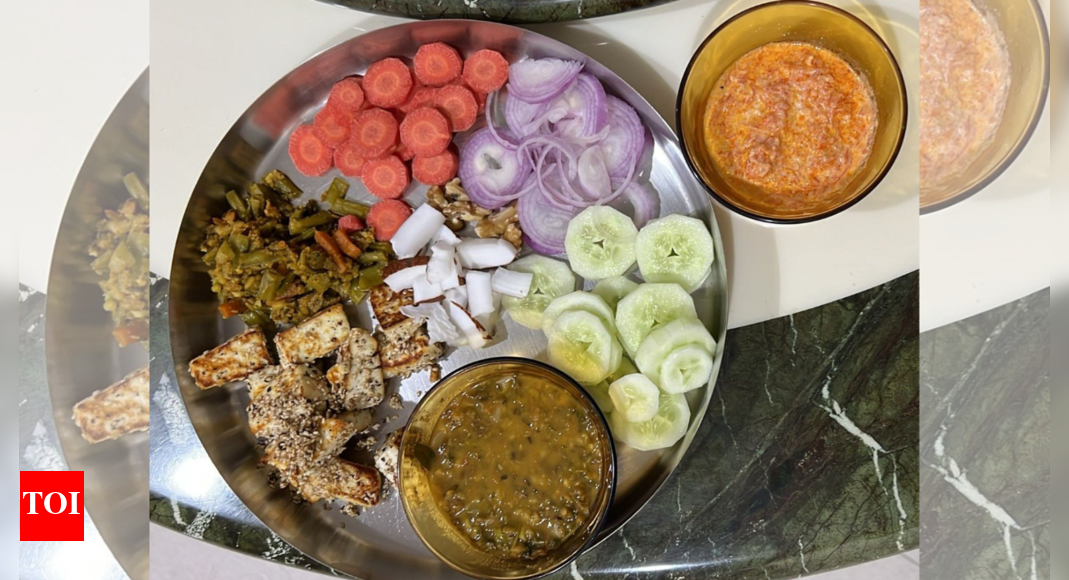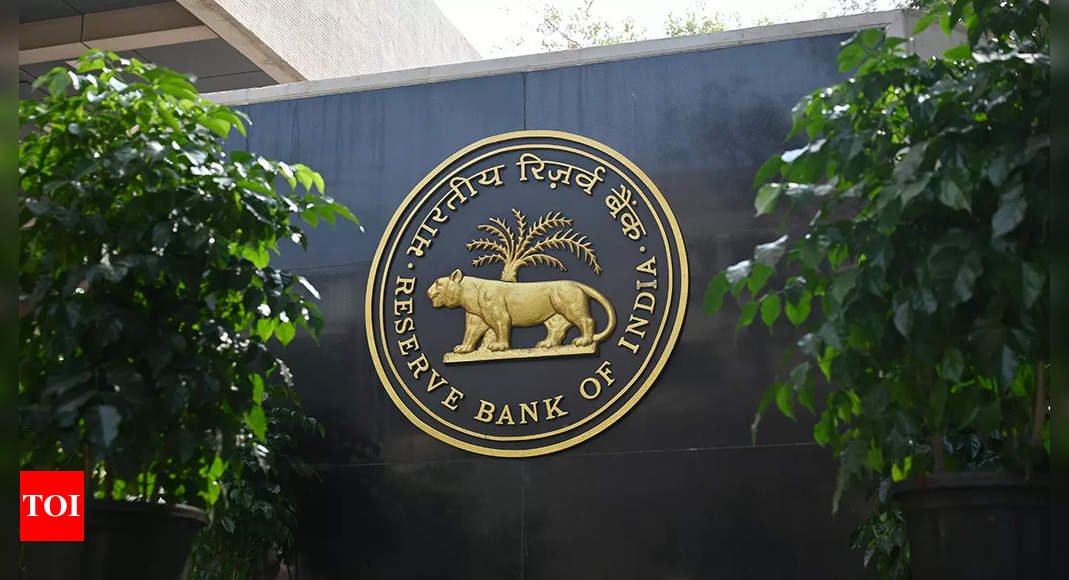Several steps being considered by the administration of US President Donald Trump are cause for worry for thousands of Indians in the US, who are on H-1B work permits and face long green card backlog.
First, the potential revocation of birthright citizenship, for which President Trump has signed an executive order, is a deeply concerning issue for Indian families on H-1B visas who are expecting children in the United States. While this policy is currently being challenged in court and remains on hold, its implementation—however unlikely—would have profound implications.
Poll
How Will Trump’s Policy Changes Impact Indian H-1B Visa Professionals?
One of the most significant challenges would be the increase in the number of “aging-out” children, who are not covered under Deferred Action for Childhood Arrivals (DACA), and would lose the automatic legal status that US birthright citizenship provides. There are over 200,000 young immigrants, a large number of them Indians, who went to America with their parents as dependent children and then aged-out when they turned 21, according to estimates. They have to either self-deport, despite having lived in the US for several years and grown up and attended school and college there, or become undocumented immigrants.
The issue of children aging out of dependent visa status is already one of the most challenging problems for Indian professionals on H-1B visas, and any policy change revoking birthright citizenship would only exacerbate it.
“This would add further complexity to an already overburdened green card backlog, disproportionately affecting H-1B holders from India. Given the existing decades-long wait times for employment-based green cards, the inability to secure US citizenship at birth could leave these children in a precarious immigration status as they reach adulthood,” Neha Mahajan, co-founder of Skilled Immigrants in America (SIIA), an organisation supporting skilled Indians stuck in long green card queues, told the Times of India.
The issue of birthright citizenship is currently being challenged in the US courts, and the executive order attempting to revoke it is on hold. Given the strong constitutional precedent supporting birthright citizenship under the 14th Amendment, any attempt to alter this long-standing principle is likely to face significant legal hurdles.
Earlier this week, a federal judge in Seattle has indefinitely blocked President Trump’s executive order that seeks to end birthright citizenship. Historically, US courts have consistently upheld birthright citizenship, making it highly probable that this issue will remain tied up in litigation for an extended period. Any definitive change would require not just executive action but a constitutional amendment or a landmark Supreme Court ruling.
“For now, the legal and constitutional precedent supporting birthright citizenship remains strong. However, any change to this principle would necessitate significant legislative and judicial battles, given its far-reaching consequences on immigrant communities and the broader US economy,” Mahajan said.
Currently, children born in the United States to immigrant parents—whether on work visas or otherwise—are granted automatic US citizenship, providing a crucial safeguard against the severe green card backlog that disproportionately affects Indian H-1B holders. “This backlog, with decades-long wait times, leaves many high-skilled professionals in an uncertain immigration status for most of their careers. Birthright citizenship has been one of the few stabilising factors for their families,” Mahajan said. She added that the United States’ policy of birthright citizenship has historically set it apart from other developed nations, making it a more attractive destination for global talent.
Another issue that could pose challenges for Indian professionals in the US, on H-1B visas, is the move to revoke employment authorisation documents for spouses of H-1B visa holders who are on dependent H-4 visas. “The H-4 EAD was introduced through an executive order by the Barack Obama administration after years of advocacy, providing much-needed relief and economic independence to many spouses of H-1B visa holders. However, under the administration of Trump’s first term, there was a concerted effort to revoke H-4 EADs, creating uncertainty and hardship for thousands of skilled immigrant women. Thanks to relentless advocacy—by organisations like SIIA and many women who chose to raise their voices—the effort to eliminate H-4 EADs was ultimately unsuccessful,” Mahajan said.
She added that the broader immigration system has become increasingly difficult to navigate for Indians in the US who are waiting on green card queues. “Even routine H-4 EAD renewals have faced delays, particularly during the COVID-19 pandemic, leading to employment disruptions and financial instability for many families from India, who already face disproportionately long wait times for permanent residency.”
There are also fears now among Indian professionals, on temporary work visas in the US, on reversal of the Joe Biden administration’s order on automatic extension in certain categories of work permits. “These extensions were introduced during the COVID-19 pandemic to streamline the renewal process and prevent unnecessary employment disruptions. Any move to revoke automatic work permit extensions would have a significant impact on Indian professionals, particularly those on H-4 EADs,” Mahajan said. The automatic extensions allowed individuals to continue working while their renewal applications were pending, eliminating the need for additional biometrics appointments—a requirement that had been introduced under the earlier Trump administration.
“Traditionally, H-1B and H-4 petitions were processed together, ensuring timely approvals. However, if the Trump administration issues new guidance to separate these filings, it could lead to increased delays in work authorisation extensions. This would disproportionately impact H-4 visa holders, many of whom are highly skilled professionals contributing to the US workforce,” Mahajan said.
For Indian professionals already navigating decades-long green card wait time, these likely policy changes, being considered by the Trump administration, create additional uncertainty and financial instability.




